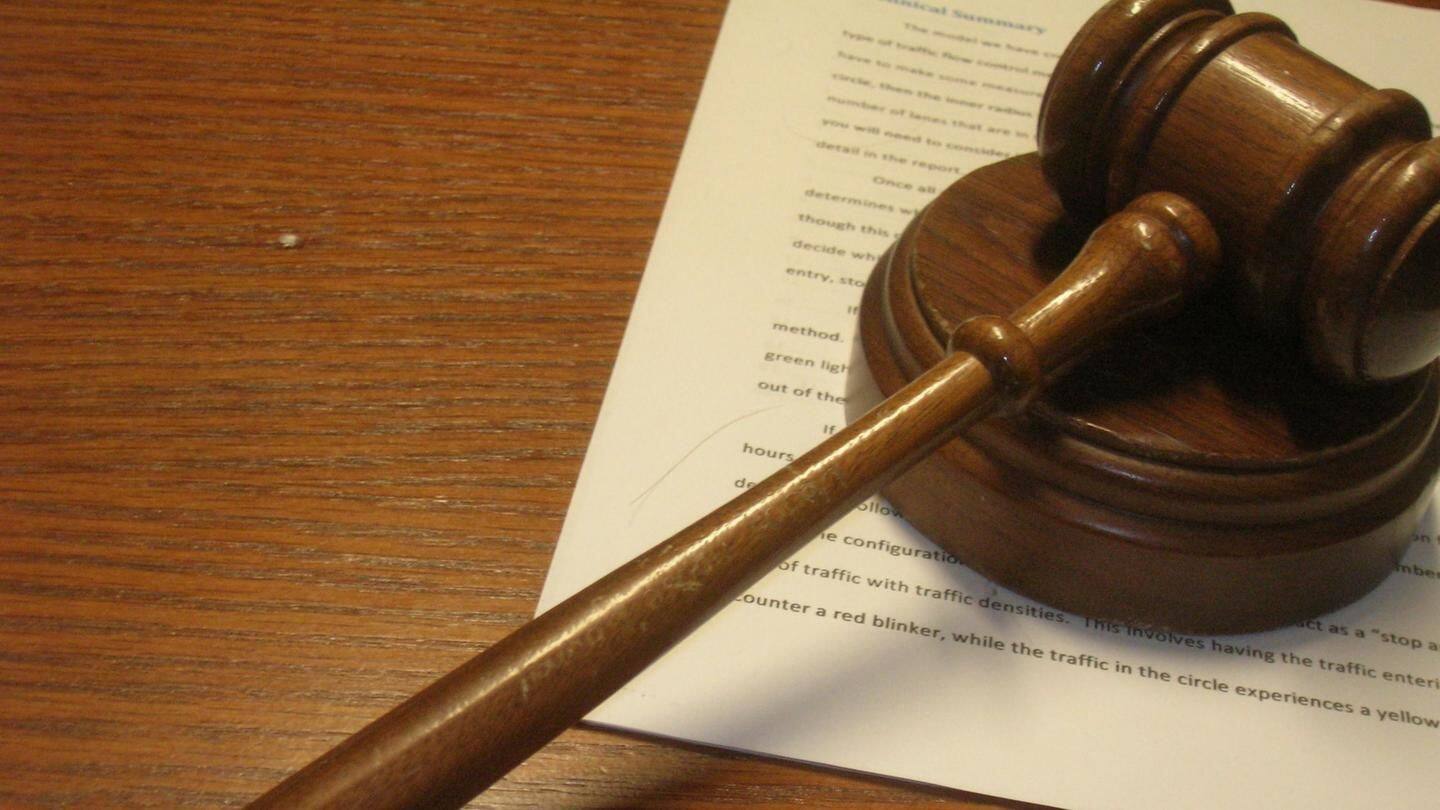
US firms sue US immigration services over stringent H-1B rules
What's the story
A group of US outsourcing and technology companies with extensive operations in India have sued the US Citizenship and Immigration Services (USCIS) over a recently issued policy memo which puts significant restrictions on H-1B workers. The companies argued that the new rules would cause them "irreplaceable harm" and would pose an "existential threat to their business model". Here's more about it.
Information
Which parties filed the lawsuit?
The lawsuit was filed by the US trade body Small and Medium Enterprises Consortium, and by two New Jersey-based outsourcing companies NAM Info and Derex Technologies, both of which have offices in India.
Restrictions
Restrictions imposed by the new H-1B visa rules
The lawsuit was filed in a New Jersey federal court on Tuesday. It targets the USCIS memo as it covers a significant section of the H-1B visa programme. The new rules place restrictions on deployment of H-1B workers at third-party work sites. Considering that this is how outsourcing companies work, the new rules are indeed a threat to their business model.
Quote
USCIS's new visa restrictions will destroy hundreds of companies
"Defendants' (USCIS) unlawful requirements will eventually choke out plaintiff's work force through extension denials and refusing initial H-1B application. If left unchecked, Defendants will destroy Plaintiffs and hundreds of similar companies across the country," said the lawsuit.
Impact on Indians
Indian IT firms, Indian workers, worst affected by the changes
The new changes to the H-1B programme brought about by the Trump administration have adversely affected both Indian companies and Indian workers seeking to work in the US. US subsidiaries of Indian IT firms TCS, Wipro, and Infosys are among top recipients of H-1B visas, and Indian workers have tended to land almost 70% of the visas, according to a 2016 study.
Do you know?
Thousands of foreign jobs are at stake over H-1B rules
The USCIS currently grants 85,000 H-1B visas to American companies annually so that they can hire foreign workers for speciality jobs which cannot be filled locally. Critics of the programme, like Trump, allege that it's being used to displace American workers.
Benefits?
Will the lawsuit have a beneficial impact on H-1B rules?
The USCIS refused to comment on the issue saying that it "does not comment on ongoing litigation." Lawyers and immigrations experts are following the case closely to see if it has a beneficial effect on the H-1B programme like other lawsuits have had on the Trump administration's travel ban and proposal to end regulation preventing the deportation of undocumented immigrants brought to the US.